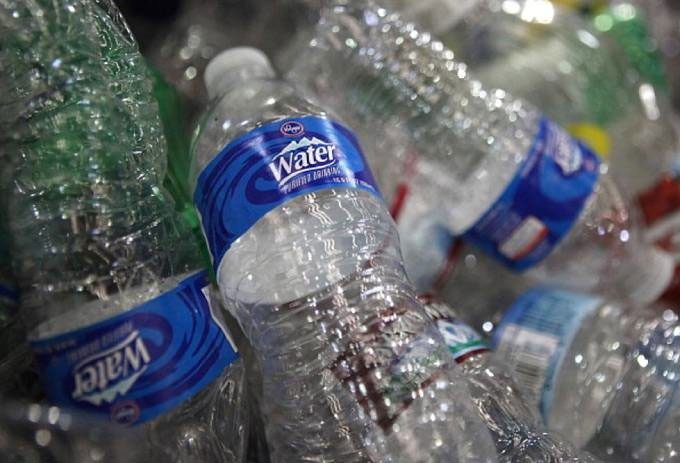Reusable plastic bottles can harbor harmful bacteria and microplastics, leach chemicals into beverages, and impact the environment.
1. Potential for Harmful Bacteria
According to Brian Campbell, founder and water treatment expert at Water Filter Guru, the most compelling reason to avoid reusing plastic water bottles is their tendency to harbor harmful bacteria. He notes that when people clean their water bottles for reuse, they may not do so adequately, leading to bacterial growth. Additionally, plastic can develop tiny cracks or scratches over time, creating areas for bacteria to thrive.
If you happen to leave your water bottle in a warm or hot environment between uses, such as in a sunny car or a gym bag, bacteria can proliferate significantly. Truly reusable water bottles are designed to withstand regular cleaning, so they do not develop scratches or dents that allow bacteria to hide.

Reusable plastic bottles are not good for health.
2. Potential Chemical Leaching into Beverages
Campbell states that water bottles can be made from various types of plastics. To determine what material your bottle is made from, you can check the recycling code on the label, which includes numbers ranging from 1 to 7. Nowadays, most single-use water bottles are marked with a 1, indicating they are made from polyethylene terephthalate (PET or PETE). Although these two types of plastics do not contain bisphenol A (BPA) and phthalates, they can sometimes contain antimony, a metalloid material considered a carcinogen.
Additionally, bottles with recycling codes bearing different numbers may contain other harmful chemicals. For instance, those labeled with a 7 are made from polycarbonate plastic. According to the Harvard T.H. Chan School of Public Health, polycarbonate plastics contain BPA – a chemical linked to developmental, reproductive, and metabolic health issues in animal studies.
3. Containing Microplastics
Heather Wilde, a naturopathic doctor in Tempe, Arizona, warns that single-use water bottles can also leach microplastics into your beverages if reused. In fact, a 2018 study published in the journal Frontiers in Chemistry examined samples from 259 types of bottled water and found that 93% of those samples showed signs of “microplastic contamination.”
While scientists are still studying the effects of ingesting microplastics, a study published in the medical journal Endocrine Reviews indicates that microplastic consumption may disrupt the endocrine system, a network of hormone-secreting glands and organs regulating metabolism, growth, development, and reproduction. Another study published in the journal Frontiers in Environmental Science concluded that consuming microplastics can cause oxidative stress, cellular toxicity, neurotoxicity, and disrupt the immune system.
Wilde believes many people are currently consuming microplastics at dangerous levels and suggests that discontinuing the use of single-use water bottles could help mitigate this issue.
4. Environmental Hazard
From an environmental perspective, it is best to avoid purchasing single-use water bottles altogether.
“The entire lifecycle of single-use water bottles consumes fossil fuels, contributes to global warming, and causes pollution,” states the Sustainability Office at Harvard University.
The agency adds that each year, 17 million barrels of oil are used to produce enough plastic water bottles to meet the annual bottled water demand in the U.S., and 86% of single-use water bottles end up in landfills or as waste.
Zeeshan Afzal, a physician and healthcare worker at Welzo, suggests that it is better to purchase a reusable water bottle made from stainless steel or glass. Afzal states, “Plastic water bottles are a major contributor to plastic waste and pollution, and reusing them prolongs this cycle.”


















































